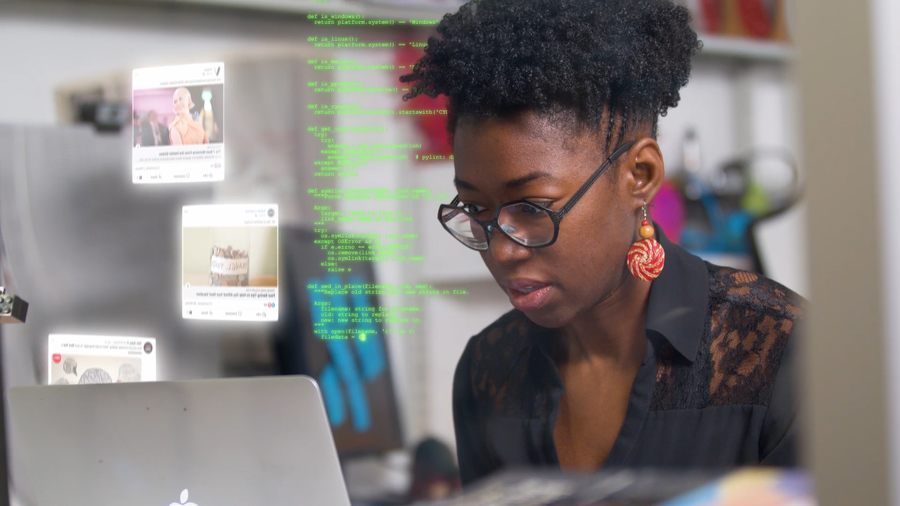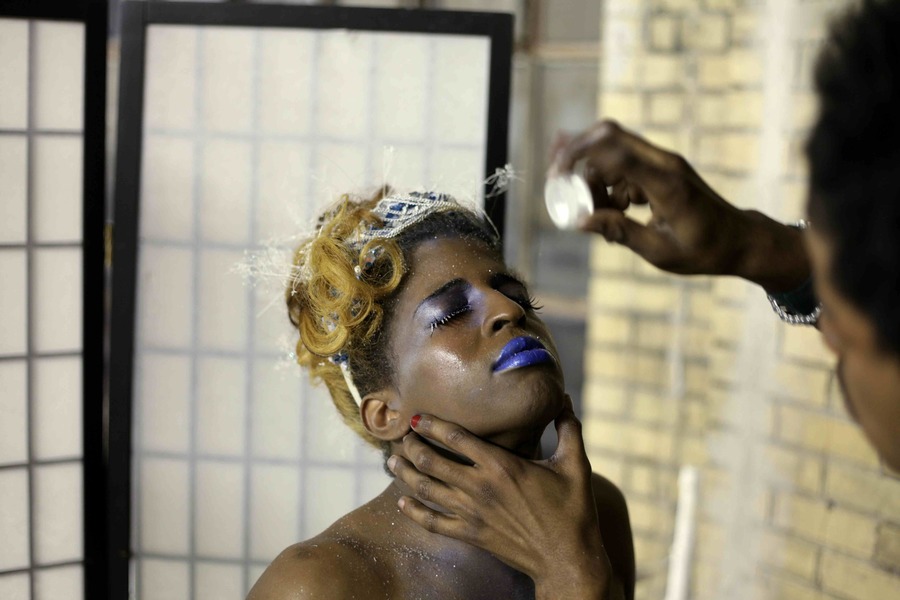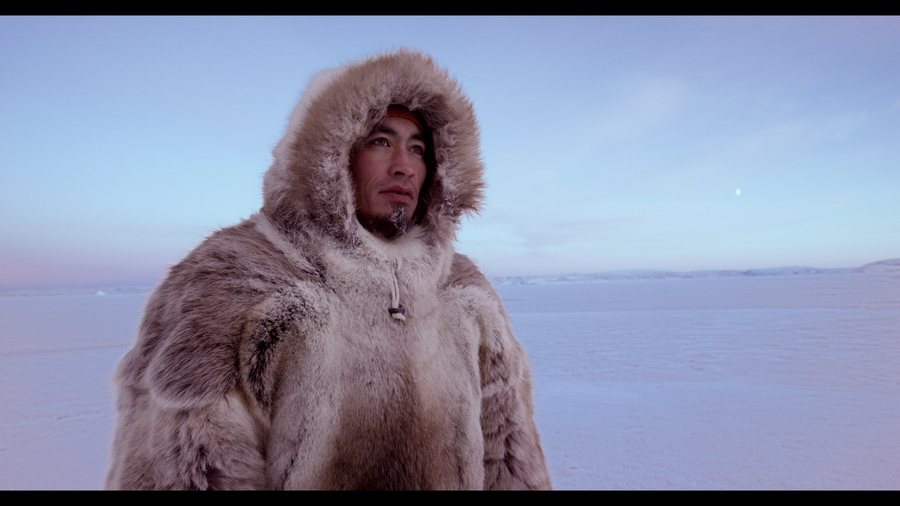Take One Action returns this week
Take One Action, Scotland's film festival aiming to inspire activism and global change, returns for its fully-online 13th edition. Here's what to look out for
It feels like we say this every year, but Take One Action Film Festival has never felt more essential. We’re in the middle of a deadly pandemic; people of colour continue to be brutalised by police and discriminated against by wider society; arts and cultural institutions that we love, cherish and rely upon to educate and stimulate our communities are on the brink of collapse; unemployment is sure to rise in the months ahead; politicians around the world continue to ignore climate change; and, unsurprisingly, depression rates have skyrocketed.
During these turbulent months of lockdown, protest and anxiety, many of us have turned to movies to give us a few hours of escape, but Take One Action’s approach to curation takes the opposite tack. They use film as a window through which we can tackle the myriad issues facing our planet head-on, with this 13th edition tackling everything from freedom of the press to prison reform, from labour rights in the garment industry to indigenous rights and climate justice.
Given the current pandemic and the limitations on cinema capacity, Take One Action has, like many other festivals, been forced to take its screenings and events online. Yet TOA's principles of community action and solidarity won’t be diluted by taking place on your laptop screens. “First we had to find a sense of purpose in doing this [digitally] and making sure that the motivation and the heart that goes into it is actually still there,” the festival’s executive director, Tamara Van Strijthem, tells us. “We feel there's a space that needs to be filled, and there are stories that need to be shared in a way that we wouldn't be able to if we just sat back and didn't deliver anything.”
Films will be available to view on demand throughout the festival, but every title in the programme has some live component (Q&As, panels, workshops) that will be streamed to allow for the usual community action and debate to stay at the heart of the festival. Take TOA’s opening film Coded Bias, for example. The documentary follows MIT student Joy Buolamwini as she investigates how the facial-recognition software employed in law enforcement is not immune to the same racial and gender biases that plague society. Coded Bias’s director Shalini Kantayya, and Silkie Carlo, director of civil liberties and privacy campaigners Big Brother Watch, will join TOA for a live-streamed Q&A.
A corrupt system of crime and punishment is also in the spotlight in Prison for Profit, which uncovers what happened to prisons in South Africa, now subject to market forces and run by a private security firm. Freedom of the press, meanwhile, is the subject of Radio Silence, in which indefectible Mexican journalist Carmen Aristegui fights misinformation and corruption.
The premise of Acasă, My Home sounds like it could be the logline for an indie drama: a family of 11 have been living in perfect harmony off-grid in nature for 20 years until they are chased out and forced to adapt to life in the big city. There’s nothing twee about this arresting portrait of a Roma family forced to abandon their rural life on the Bucharest Delta for an uncertain urban future; Acasă – My Home won a Special Jury Award for Cinematography at Sundance.
Another TOA title coming to these shores on a wave of festival acclaim is Australian film In My Blood It Runs, director Maya Newell’s vivid observational documentary following a high-spirited ten-year-old Arrernte Aboriginal boy growing up in Alice Springs. Adolescents are in the frame in The Last Ice, described by TOA as “a visually stunning portrait of two Inuit youths grappling with their future in the face of (neo) colonialism and climate change”, and Pier Kids, an intimate doc following a group of queer kids of colour who find themselves living rough on Christopher Street Pier in New York.
Youth is also the focus of Softie, where the doc’s protagonist is a charismatic young political activist in Kenya, and Made in Bangladesh (the lone narrative feature in the programme), which centres on a young Bangladeshi garment worker who struggles to unionise the factory in which she works.
Alongside these feature films, TOA will present three short film programmes, one of which includes Strong Is Better Than Angry, the latest from Edinburgh filmmaker Hope Dickson Leach. Tickets are priced on a pay-what-you-can-afford sliding scale from £2 to £10, and free tickets are available on request through Take One Action’s Community Ticket Fund.
Take One Action, 16 - 27 Sep, head to takeoneaction.org.uk to see the full programme


